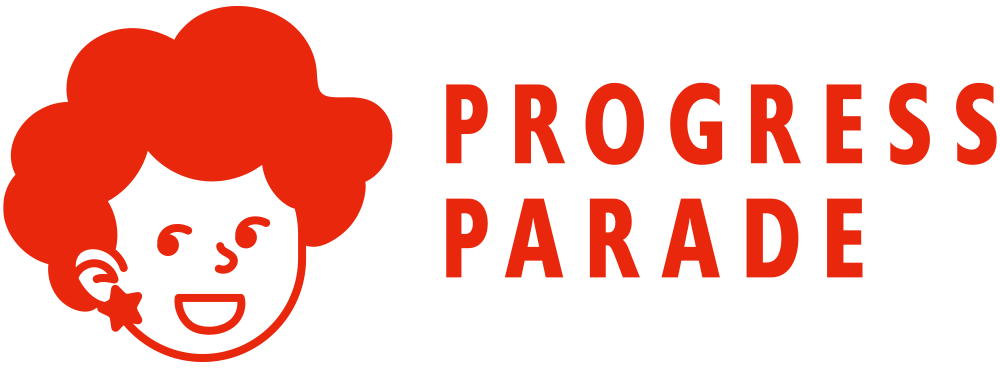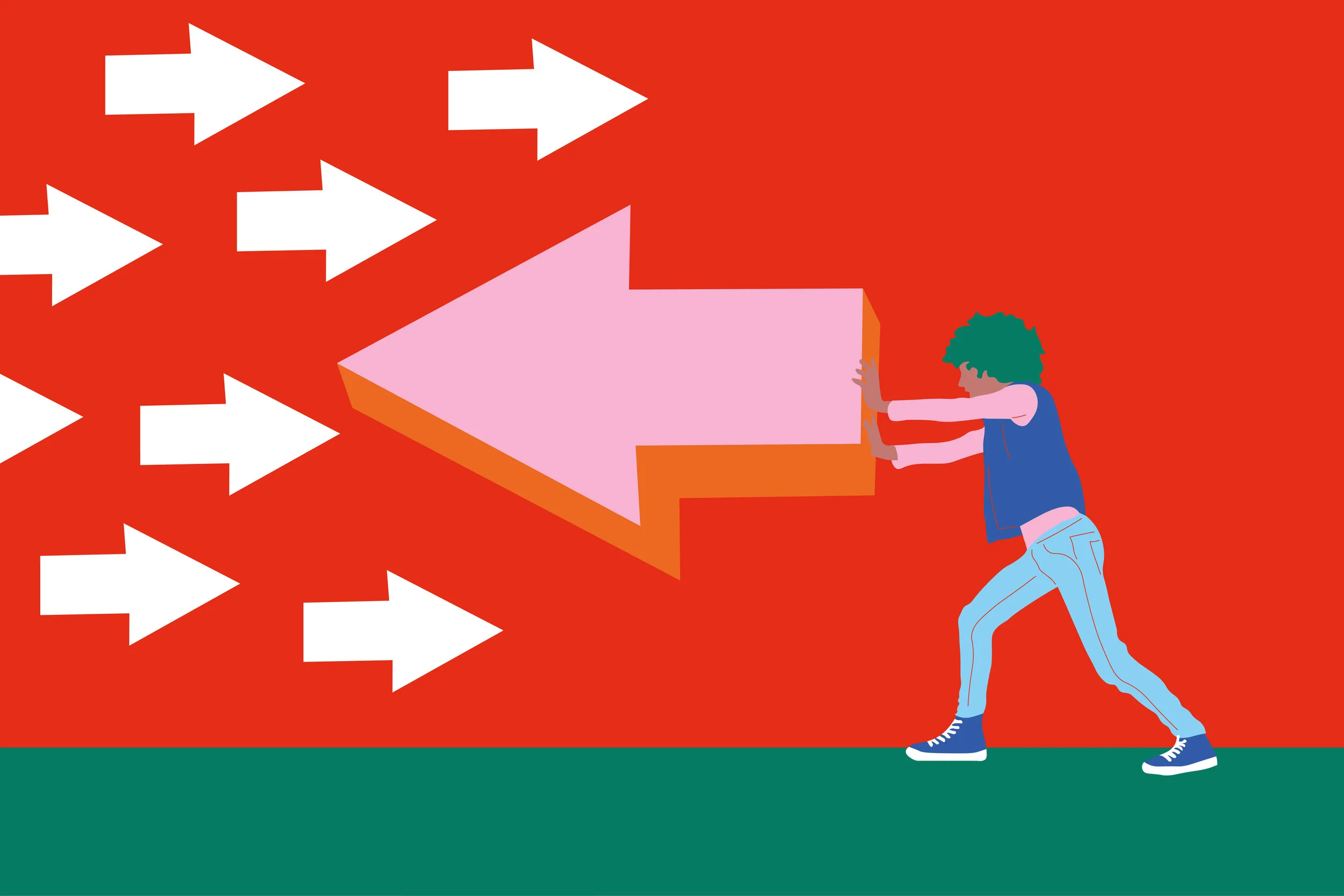Educational Therapy: How do I support my resistant student?
Sometimes students internalize the story that they are “bad” at school. It’s understandable, especially when they have repeatedly struggled, tried and not succeeded, or have even been made fun of at school. It is also heartbreaking to hear a child talk in that way about their own skills and abilities!
Since we provide educational therapy, parents often ask us what they can do to help encourage their struggling learner, especially when their child may be resistant to even working on the challenge or getting support. At a certain point, children decide that they’d rather “not care” about something then repeatedly try and fail.
Following are some tips for how to help students continue to grow past and through some of the negative stories they may have accumulated and internalized about school or learning.
Don’t feel like you have to approach every challenge head on
It can be tempting to want to immediately fix every challenge your child faces. If your child is feeling really shut down around a particular subject, approaching a challenge head on can have the opposite of the intended effect. It may lead them to further shut down and refuse to try. Sometimes the best thing we can do is to find an indirect way to work on the challenge.
For example, if your child is struggling with reading, it can help to work on reading in the context of something they love. It’s important, if they still have to engage in the challenging academic task, that you provide lots of support and help them experience success instead of more failure. Maybe your child loves to cook. Can you read the recipe together? Or totally remove the pressure by reading and having them follow along while you read. Or maybe you can partner read by having them follow along as you read, stopping on certain words for them to read (choosing words you know they know).
Or, if your child is struggling with executive functioning skills, find some fun ways to work on these same skills without having to necessarily even relate them to school work! Your child can plan a family field trip, plant a garden, and much more! For even more ideas, check out this ADDtitude article from our founder.
“Sometimes the best thing we can do is to find an indirect way to work on the challenge.”
Behavioral momentum
Behavioral momentum is a theory which states essentially that we’re more likely to do something hard if we’ve just done a bunch of easy things. You’ve probably seen this in your own life. If you’re avoiding a difficult task which you don’t want to do, you may try taking on a few easier things first. After you feel good about crossing some things successfully off of your list, then you may feel more inclined to go ahead and take care of the difficult thing too.
If your child has to complete an assignment, but is too shut down to even start, try taking care of the easy stuff first. Make a list with a bunch of stuff you know they can do and then one thing they find challenging. It’s important that we don’t ask too much from the challenge piece. For example, if they are shut down around writing, see if they can just come up with a couple of ideas for a writing assignment for the final item of the day.
Each time they complete an easy thing on their list, have them check it off and celebrate one less thing to do. Sometimes having that repeated sense of success can help them have more energy to tackle the one hard task at the end.
Give a break, when really needed
Sometimes we just need a break. Our children have a whole list of things that they’re good at, but often the thing that gets the most attention is the thing that is the biggest struggle. Recognize that this can be frustrating and draining.
You may not be able to give your child a full break (the school may continue to focus on the challenge area, for example), but let them know that, at least at home, you’ll be taking a break. Let them know you see how hard they’ve been working and that you want to spend some time focusing on other things for a while.
“Sometimes having that repeated sense of success can help them have more energy to tackle the one hard task at the end.”
Consider hiring an educational therapist and other outside help
Outside help can sometimes help get your child over the toughest part of their challenge. We’ve heard over and over again that students respond totally differently to outside help than they do their parents. Sometimes that little bit of outside help and support can help show students a new perspective and give them new energy and hope. Educational therapists and special education tutors have a whole host of tips and tricks to pull from to approach the challenge from different angles! They also have a lot of experience supporting a student’s social-emotional needs which can make a world of difference for a student who’s feeling discouraged and shut down. Of course, if you’re curious about our special education tutors here at Progress Parade, please don’t hesitate to book a free consultation.
You can also consider counseling or psychotherapy to support your child in getting through their challenge. A therapist who specializes in working with children and who uses cognitive behavioral therapy (CBT) to help change a student’s self-talk can also be a great supplement to the work done during tutoring or school.
Four strategies to support the academics in students who may be feeling resistant.
































